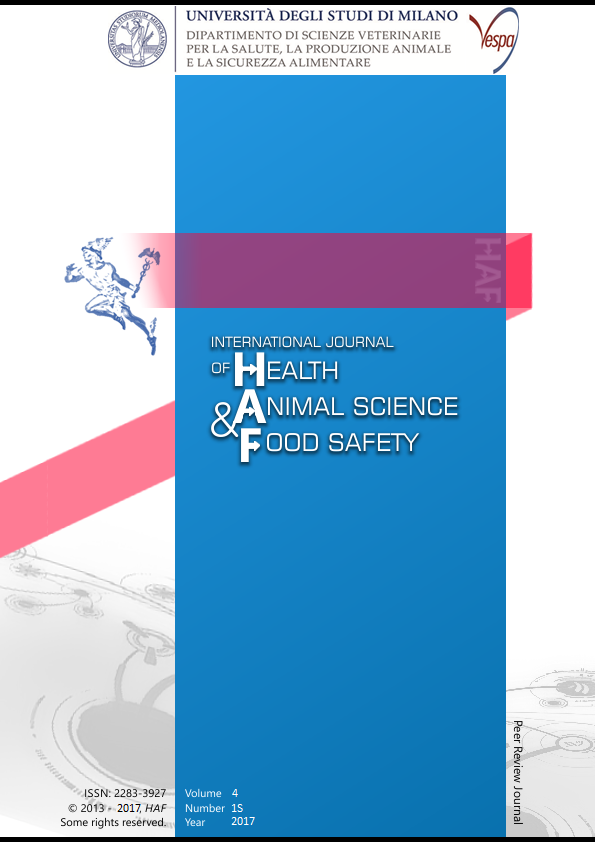Abstract
Stress and wellbeing are psychological conditions that are mediated by the central nervous system. In the brain, stress is mediated mainly by the hypothalamus, which will activate the hypothalamic-pituitary-adrenal (HPA) axis, leading to the secretion of cortisol, the paradigmatic stress hormone. Other brain areas as the amygdala, the hippocampus or the prefrontal cortex (PFC) are involved in emotions such as happiness, anxiety and fear. Communication between brain areas is achieved by chemical neurotransmitters (NTs), which are secreted by presynaptic neurons to reach postsynaptic neurons, where they will cause a variation in membrane polarization and other cell signaling actions, leading to physiological responses. Amongst these NTs, catecholamines (noradrenaline and dopamine) and serotonin play an important role. On the other hand, the adverse effects of stress may be counteracted by housing the individuals under environmental enrichment conditions. This long-term situation should have an effect, not only on NTs, but also on the brain proteome.
Under the hypothesis that different stress situations will lead to changes in NT composition that will be specific for crucial brain areas, we have tested the effects of transport stress, handling stress at the slaughterhouse, and the stress-susceptible genotype (Ryr1) on the amine NT concentration in amygdala, hippocampus, PFC and hypothalamus of pigs.
The effects of living under environmentally enriched or control conditions on the NT concentration in several brain regions and on the hippocampus proteome has been also analyzed.
In conclusion, genetic factors as well as management conditions related to housing, transport and slaughterhouse alter in different degree the catecholaminergic and the serotoninergic neurotransmission in the brain, and give clues about how different individual types are able to react to external challenges. Likewise, environmental enrichment leads to changes in the proteome especially related to protein translation in the hippocampus.
This work is licensed under a CC BY-SA 4.0 international

